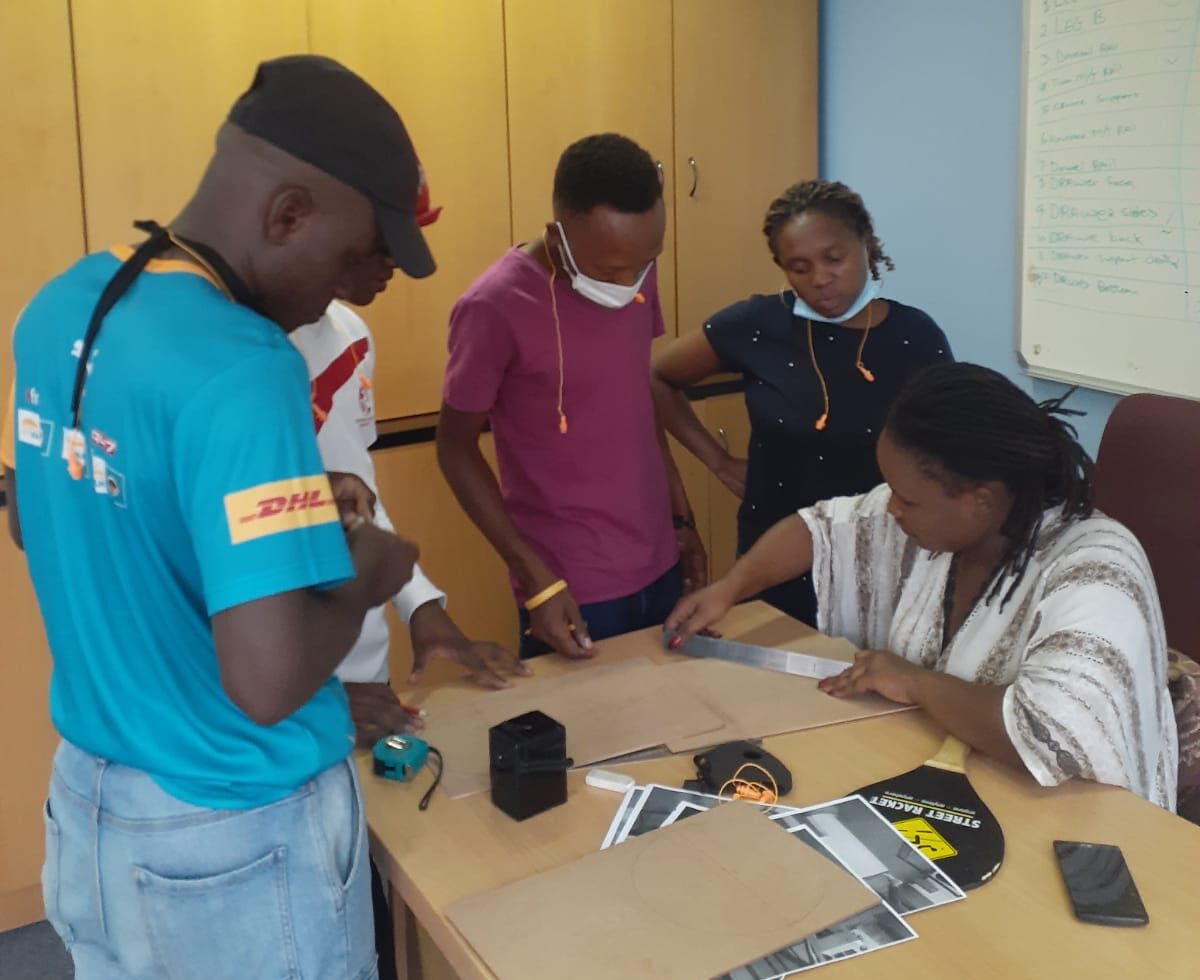Squash for Development Organisations (SDP’s) are using squash as a vehicle for social change through academic tutoring, nutrition support and much more to help underserved populations around the world.
As the charitable arm of the PSA Tour, we partner with these non-profit programs and provide resources and support they otherwise might not have.
We want every child to have the opportunity to play our sport, and the option to aspire to play on the biggest stages of the PSA Tour, no matter their background.
Over the next couple of months and beyond we are highlighting that these SDO’s provide more than just opportunities to squash, and each organisation utilises the sport to make a positive difference in a number of ways.
This International Day of Sport for Development and Peace, we will also explore in this piece how SDO’s create harmony within their squash programme.
SDPs Building Bridges and Bringing Communities Together
Many of the SDPs we partner with not only bring the community into the areas they play squash, but connect with the wider community outside of their activities:

Egolisquash provide vocational support as part of their squash programme, enabling attendees to gain skills such as woodwork and sewing for future careers.
Khelshala integrate themselves within their wider community, by doing activities such as litter picking and helping clean area.
Squashbond are based in Israel, and bring kids together from Jewish and Arab communities, breaking down religious and cultural barriers.
We are currently fundraising to send the world’s best squash players to visit these programs, to help inspire these children who otherwise would not have access to the role models from the PSA Tour.
While we are visiting these programs, we will also be filming a documentary series to raise awareness of their amazing work and highlight how vital squash is within these communities.
Any level of monetary support is appreciated. Donations are tax-deductible for donors in the U.S. Email foundation@psawordltour.com for any donation-related queries.




